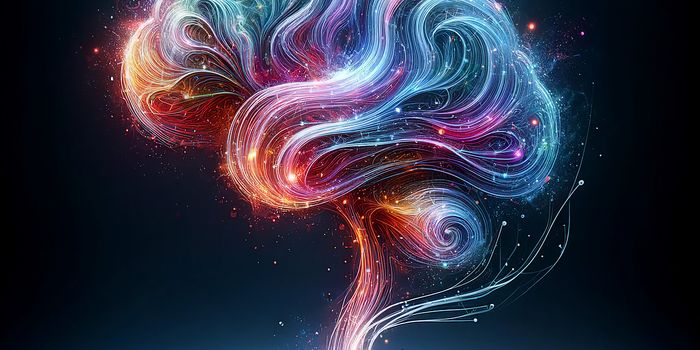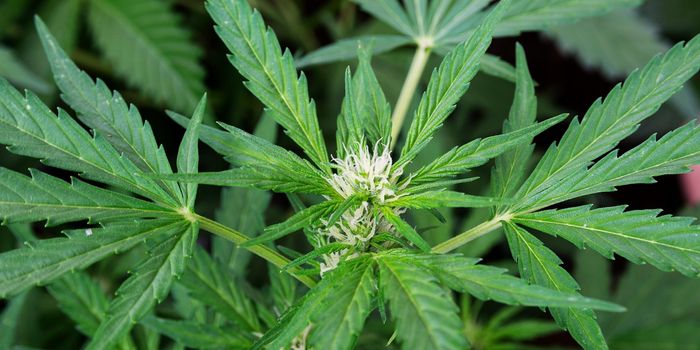Brain's Version of THC Reduces Seizures, Increases Side Effects
An endocannabinoid similar to tetrahydrocannabinol (THC) that naturally occurs in the brain reduces seizure activity. However, it also fuels a prolonged stroke-like event in the brain. The corresponding study was published in Neuron by researchers from multiple institutions.
Epileptic seizures are ‘electrical storms’ that usually begin in or near the hippocampus, a part of the brain that plays a significant role in short-term memory, learning, and spatial orientation. These electrical storms later spread throughout the brain, causing symptoms including convulsions and loss of consciousness.
These seizures also trigger the rapid synthesis of an endocannabinoid called 2-arachidonoylglycerol, or 2-AG. Like THC, it has an affinity for a receptor known as CB1 that is extremely abundant in the brain. While it is known to reduce seizure intensity, it is also known to activate a series of biochemical reactions that result in blood vessel constriction in the brain and thus disorientation and amnesia.
In experiments, the researchers used novel endocannabinoid visualization techniques to track sub-second changes in levels of 2-AG in the hippocampus during normal periods of activity such as running or walking and during brief induced seizures.
In doing so, they found that several hundred times as much 2-AG was released during a seizure than normal activity and that previously undetected 2-AG activity alone reduced excitatory neurons’ excessive firing during seizures.
However, they also found that 2-AG is almost immediately converted to arachidonic acid, a building block for a variety of prostaglandin that causes blood vessels to constrict, thus reducing oxygen supply to areas of the brain.
“A drug that blocks 2-AG’s conversion to arachidonic acid would kill two birds with one stone,” said Ivan Soltesz, senior author of the study. “It would increase 2-AG’s concentration, diminishing seizure severity, and decrease arachidonic acid levels, cutting off the production of blood-vessel-constricting prostaglandins.”
Sources: Neuron, Neuroscience News









